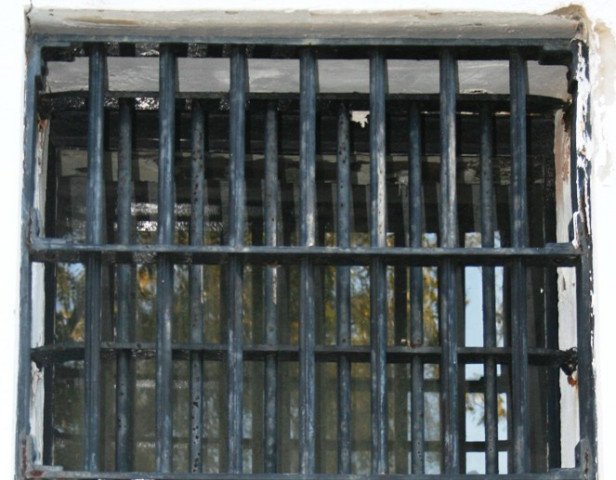Jails overflowing at 152% capacity
Report reveals prolonged delays, ineffective bail systems fuelling overcrowding

With 102,026 inmates crammed into 128 jails across Pakistan, including Azad Jammu & Kashmir (AJK) and Gilgit-Baltistan (G-B), the country's prison system is operating at an alarming 152.2% of its official capacity, according to the Prison Data Report 2024.
The groundbreaking report by Justice Project Pakistan (JPP) sheds light on the dire conditions, with some prisons exceeding 300% of their capacity.
The report reveals that overcrowding remains a critical concern despite a modest 1.66% increase in the prison population from 2023.
Under-trial prisoners constitute 73.41% of the total population, underscoring systemic inefficiencies such as prolonged judicial delays and ineffective bail and parole systems.
Punjab, housing 60.7% of the prison population, operates its jails at 173.6% of capacity. Sindh follows with 161.42%, Khyber-Pakhtunkhwa at 102.50%, and Balochistan at 115.60%. Karachi Central Prison exemplifies the crisis, accommodating 8,518 inmates against a capacity of 2,400 – a staggering 354.92%.
In Punjab, 61,813 prisoners are held in facilities designed for 37,217 inmates. Despite the construction of four new jails with a capacity of 2,268 inmates, the province's efforts to alleviate overcrowding remain inadequate.
The number of under-trial prisoners has increased by 8% over the past eight years, rising from 66% in 2017 to 73.41% in 2024. This is significantly higher than the global average of 27%.
The report also highlights the inconsistency in reporting pre-trial detainees. Sindh recorded a 29.5% decrease in pre-trial detainees in 2024, while Punjab and K-P failed to report any data.
Drug-related offences continue to dominate prison populations, with 23,367 inmates incarcerated under the Control of Narcotics Substances Act (CNSA) – an 18.98% increase from 2023. Punjab leads with 13,331 cases, accounting for 29.94% of its total prison population.
Ironically, while incarceration rates for drug offences have surged, conviction rates have plummeted. Punjab saw a drop from 16% in 2022 to just 2% in 2023.
Death row prisoners also saw a slight increase, rising by 1.17% to 3,646 in 2024, despite no executions since December 2019.
The report criticises outdated prison rules, particularly in Punjab, where the 1978 Prison Rules fail to align with international standards. Proposed reforms, including the Draft Punjab Prison Rules 2020 and 2022, remain unadopted.
Meanwhile, Sindh and K-P have made strides, with the Sindh Prisons and Corrections Services Act 2019 and the K-P Prisons Amendment Act 2020 aligning more closely with international standards.



















COMMENTS
Comments are moderated and generally will be posted if they are on-topic and not abusive.
For more information, please see our Comments FAQ